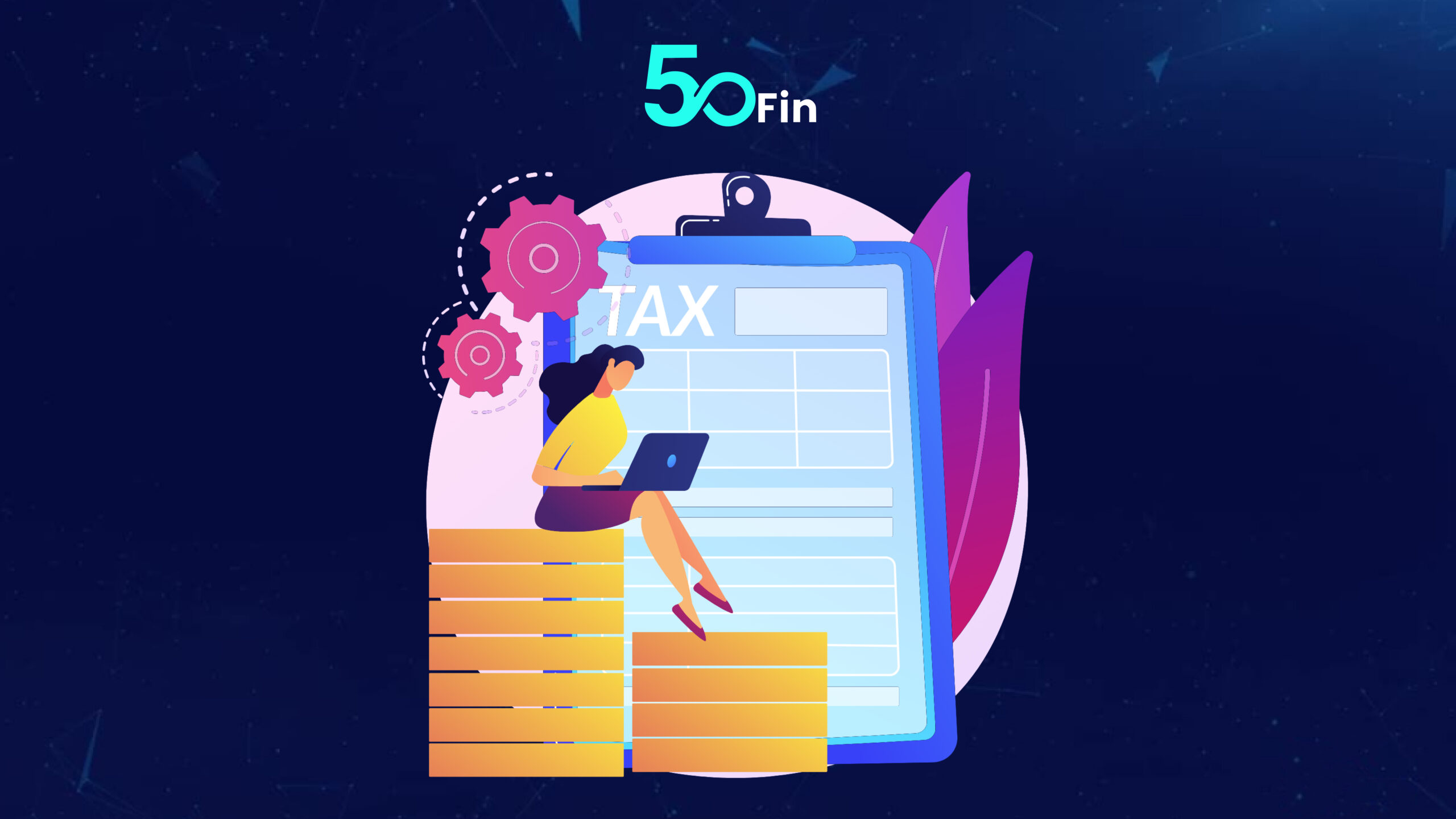
Tax Savings Power of Your Loans: A Guide for Smart Borrowers
While loans can help us achieve financial goals or navigate emergencies, the burden of interest payments can feel heavy. But wait! Did you know that depending on the type of loan you have, you might be eligible for tax deductions that can significantly reduce your tax liability? This blog dives into the world of tax-saving loans, exploring which ones qualify and how to maximize your deductions.
Tax-Deductible Treats: Loans that Lighten Your Tax Bill
Not all loans are created equal when it comes to tax benefits. Here are the common loan types that can offer sweet tax breaks:
Home Loan: This champion of tax-saving loans allows you to deduct the interest paid on your home loan up to a certain limit (specific limits vary depending on location). This deduction applies to both the purchase and construction of a residential property.
Education Loan: Investing in your education can come with a tax benefit too. The interest paid on education loans can be deducted from your taxable income, making higher education a bit more affordable.
Business Loan: If you’re a business owner, the interest on a loan taken for business purposes can be deducted from your business income, thereby reducing your taxable business profit.
Unlocking the Deductions: What You Need to Know
To claim these tax benefits, it’s crucial to understand the nitty-gritty:
Maintain Records: Always keep loan repayment documents and interest payment receipts handy. These are essential for claiming deductions during tax filing.
Understand the Limits: There are limitations on the amount of deductible interest for each loan type. Consult a tax advisor or refer to official tax guidelines for specific details in your region.
Know the Qualifications: Not all loan purposes qualify for deductions. For instance, personal loans typically don’t offer tax benefits unless used for specific purposes like home renovation (which can then be claimed under home improvement deductions).
Beyond Deductions: Exploring Additional Tax Advantages
Tax deductions aren’t the only way loans can be tax-savvy. Here’s an extra tip:
- Interest Rate Play: While not directly a tax benefit, consider opting for loans with lower interest rates. This translates to a smaller amount of interest paid overall, reducing your overall tax burden.
Remember: Consulting a tax professional is always recommended to ensure you’re following the latest tax regulations and maximizing your deductions based on your specific situation.
Conclusion
By understanding tax-deductible loans and strategically utilizing them, you can turn your loans from a tax burden into a tax-saving tool. So, the next time you consider a loan, remember to explore its potential tax benefits!
FAQs
Besides home loans, what other loans can offer tax deductions?
Education loans and business loans can also qualify for tax deductions on the interest paid. However, consult a tax advisor to confirm eligibility and limitations.
What documents do I need to claim tax deductions on loan interest?
Keep your loan repayment documents and interest payment receipts handy. These are crucial for proving your deductions during tax filing.
Can I deduct interest on all personal loans?
Generally, no. Personal loans typically don’t offer tax benefits unless used for specific purposes that qualify for deductions, like home renovations. Additionally, unsecured loans typically come with smaller maximum loan amounts.
How can I maximize my tax savings beyond deductions?
While not a direct tax benefit, opting for loans with lower interest rates reduces the overall interest paid, lowering your tax burden. Consider shopping around for competitive rates.
Get FREE Eligibility Report
Instantly check your eligibility for Loan Against Mutual Funds
- No Minimum CIBIL Required
- 100% Digital
- 4 Working hour disbursal
Looking for Loan Against Stocks?
Recent Articles
This comprehensive guide covers everything you need to know about loans against mutual funds in India, including benefits, eligibility criteria, interest rates, risks, the application process, and frequently asked questions.
This guide provides a comprehensive view of NSE and BSE stock market holidays for 2025, highlighting opportunities for long weekends and essential details for every trader. Use this resource to check if the Indian stock market is open today, plan for share market holidays tomorrow, or get insights into market closures throughout the year.
For Indian investors and borrowers, understanding ECS return charges and learning how to avoid them is crucial. This comprehensive guide covers everything you need to know



